Question And Answer
Publications
Articles, publications, books, tools and multimedia features from the U.S. Institute of Peace provide the latest news, analysis, research findings, practitioner guides and reports, all related to the conflict zones and issues that are at the center of the Institute’s work to prevent and reduce violent conflict.
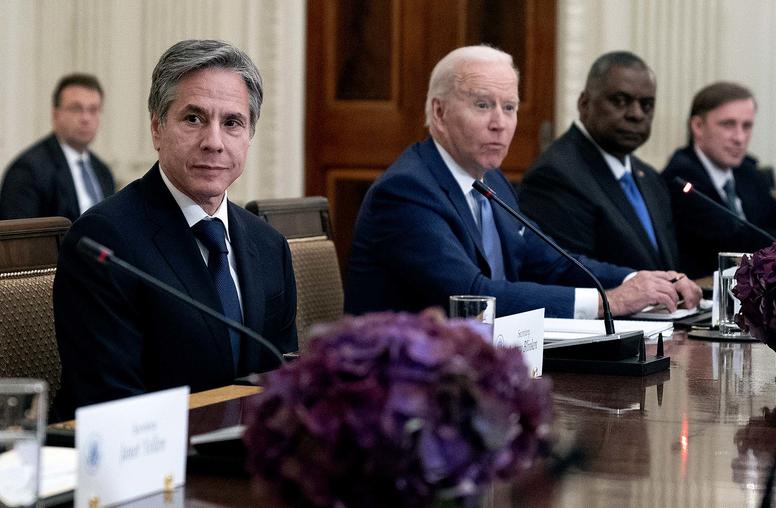
10 Things to Know: Biden’s Approach to the Israeli-Palestinian Conflict
Coming into office, the Biden administration was clear that the Middle East would largely take a backseat in its foreign policy agenda. But recent developments in Jerusalem and the 11-day war on Gaza forced the Israeli-Palestinian conflict back into the forefront of international attention and revealed elements of the administration’s approach to the conflict. U.S. policy on the conflict has long been a point of bipartisan harmony, with more consensus than contention. The Biden administration’s emerging policy largely aligns with past administrations’ policies, with a few notable differences. But can this approach advance peace amid this protracted conflict?

The Israeli-Palestinian Conflict Amid a New Reality and a New Region
Thirty years ago, the Madrid Middle East Peace Conference aimed to resolve the Arab-Israeli conflict and initiated what we now think of as the Israeli-Palestinian peace process. Three decades later, the world and the region have undergone tectonic changes, bearing little resemblance to 1991 when the Cold War came to a close. Yet, Israeli and Palestinian leaders are still dealing with their conflict as if it is business as usual. The time has come for them to take a more sober look at the global and regional trends that spell trouble for them and their peoples. Without such a reorientation from leadership on both sides, it is likely that there will be continued and escalating rounds of violence like what we witnessed this past month.
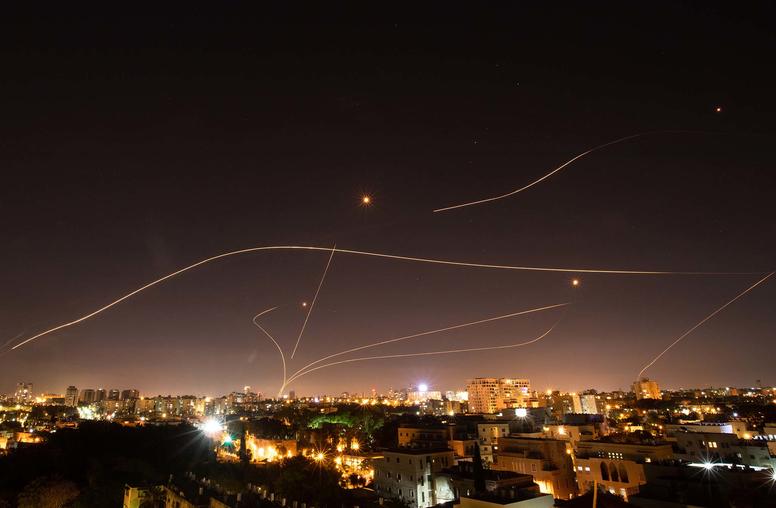
10 Steps Washington Can Take After the De-escalation of the War on Gaza
In a call with Israeli Prime Minister Benjamin Netanyahu yesterday, President Biden said he was supportive of a cease-fire amid the continued violence in Israel and the Palestinian territories. As ongoing Hamas rocket barrages and Israeli airstrikes add to the rising death toll, there are immediate, short-term measures needed to stave off more violence. But, a cessation of the current hostilities will not address the long-term issues that have prevented a resolution to the decades-long conflict. How can Washington break through the long-standing status quo that has stymied efforts to forge a peaceful settlement?
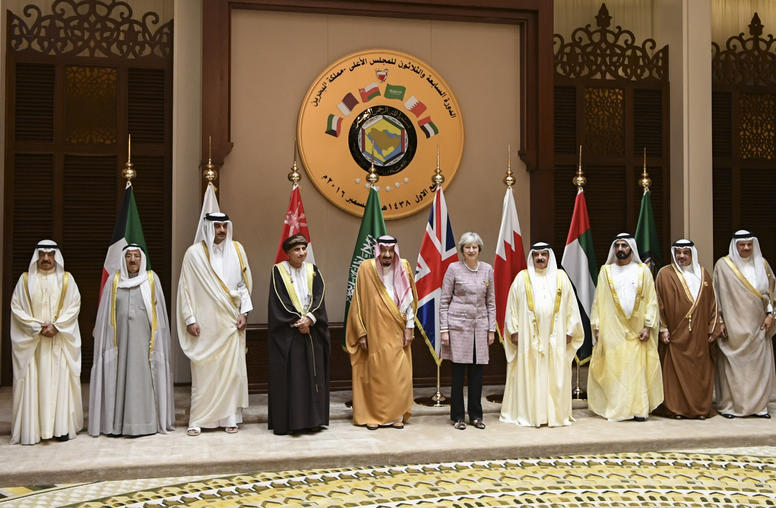
Iran Nuclear Talks Open a Window for Broader Middle East Security
Since the end of World War II, there have been several attempts that ultimately failed to establish a regional security framework in the Middle East. These attempts have historically fallen short, undermined by distrust, power politics and conflict. Today, a new window of opportunity may be emerging to establish a stable, broadly accepted mechanism for deescalating conflicts, setting norms and building confidence and cooperation between states in the region. World powers should consider the ongoing Vienna talks — aimed at reviving the Iran nuclear deal that the Trump administration withdrew from — the first step in this direction.
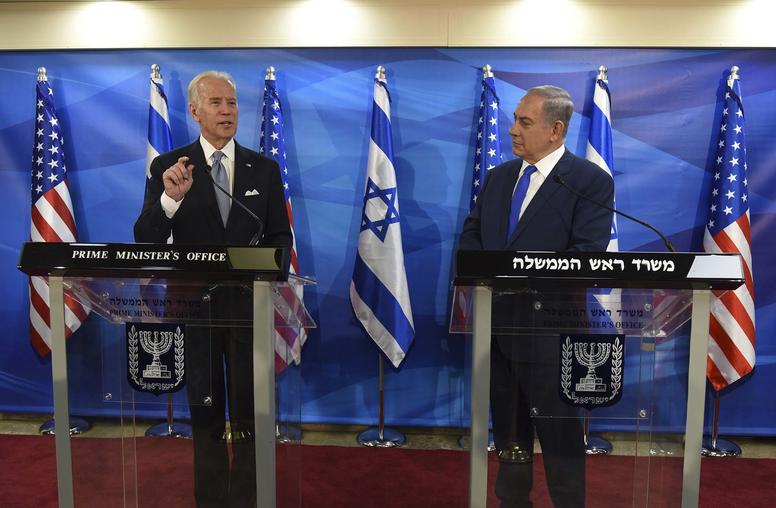
Why Biden Should Prioritize Preserving the Two-State Solution
The Biden administration came into office facing a host of pressing domestic and foreign policy challenges. And while issues like a rising China, the Iran nuclear deal, and the COVID pandemic will dominate the new administration’s agenda, it should not lose sight of the decades-old Israeli-Palestinian conflict.
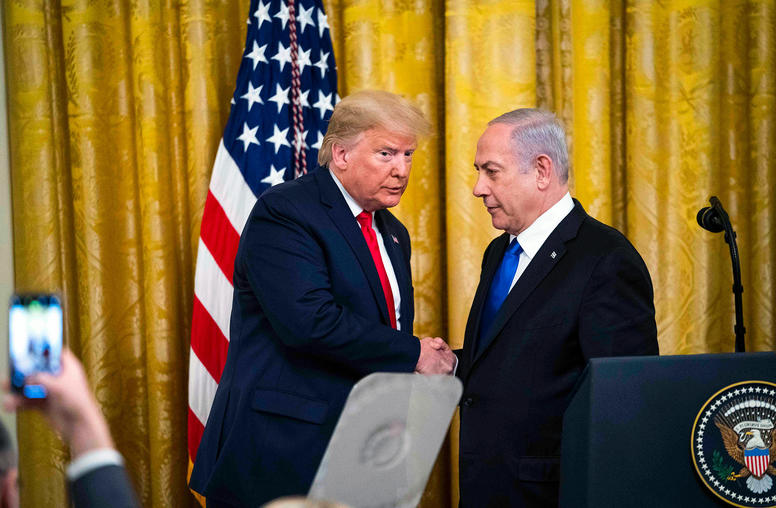
The Collapsing Foundation for Israeli-Palestinian Peace
The diplomatic agreements being signed this week among the United Arab Emirates, Bahrain and Israel present formidable challenges to the long-standing paradigm for peacemaking in the Israeli-Palestinian conflict and are yet to provide a viable substitute. While final contours of the agreements remain to unfold, their approach undermines the paradigm of providing an incentive for Israel to accept Palestinian self-determination as part of normalized relations with its Arab neighbors. With the Israeli-Palestinian divide wider now than any time since 1967, the erosion of these cornerstones for peacemaking is a precursor for an eventual new crisis.

Ambassador Hesham Youssef on a New Middle East Peace Quartet
With the Israeli-Palestinian peace process at a standstill, USIP’s Ambassador Hesham Youssef talks about a new, diverse quartet of states that can help reinvigorate talks, saying, “joining hands, they can influence both the Arab position and the European position.”

A New ‘Quartet’ for Israeli-Palestinian Peace
Good news for Israeli-Palestinian peacemaking seems rare, but this month’s diplomatic initiative by four states influential in Europe and the Middle East is a constructive development that should continue. On July 7, Egypt, France, Germany and Jordan joined to oppose Israel’s declared intent to annex territory that it has occupied since 1967. Vital actors, including Arab states and the European Union, have been unable to stop the march toward annexation and the attendant risks of renewed violence. Yet a partnership of key Arab and European states—the latest in a string of diplomatic “quartets” on the conflict—offers a foothold on which to build.
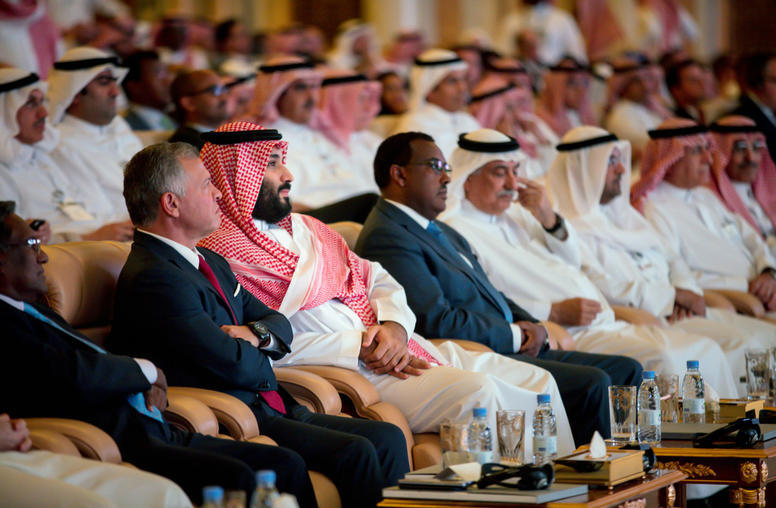
Jordan Sees Danger in Trump’s Middle East ‘Vision’
The Hashemite Kingdom of Jordan has long been a cornerstone of Middle East stability, wielding significant political and strategic influence in the region. As a small country with a weak economy bordered by Syria, Iraq, Saudi Arabia, Israel, and the occupied Palestinian territories, adroit diplomacy is one of its key national resources. Now, Jordan faces a fresh diplomatic challenge: the potential impact of President Trump’s plan for the Israeli-Palestinian conflict on its strategic interests and very future. In the months ahead, Jordan—a crucial partner to the U.S., Israel, and the Palestinians—faces a critical juncture in its relations with both the U.S. and Israel coupled with unprecedented internal challenges.
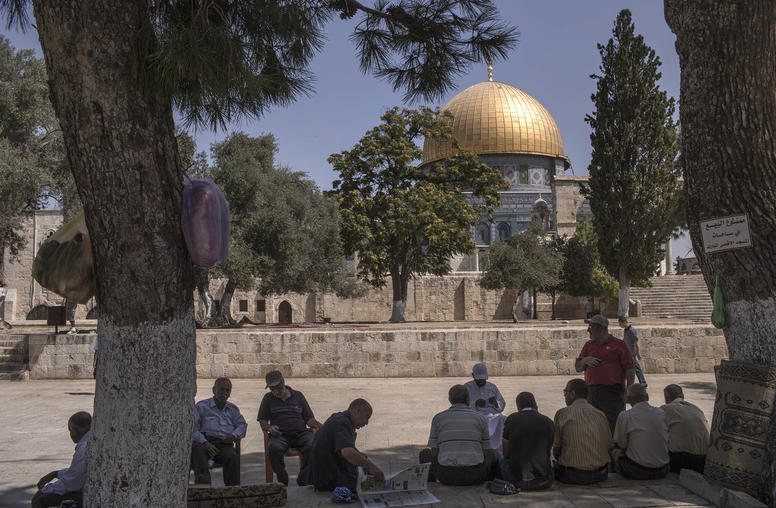
U.S., Israel and Palestinians Tie Knot of Self-Delusion
Diplomats, politicians and analysts have invoked a range of obstacles over the years to explain why Israelis and Palestinians can’t make peace: The time is not ripe; there is no partner; there isn’t enough pressure on one party or the other; one side is willing but unable to make concessions, the other is able but unwilling. Now, as the world focuses on the coronavirus pandemic and its economic repercussions, we can add another, more inclusive explanation: Israeli, Palestinian, and American leaders have all embraced self-delusion on the road to pyrrhic victory.